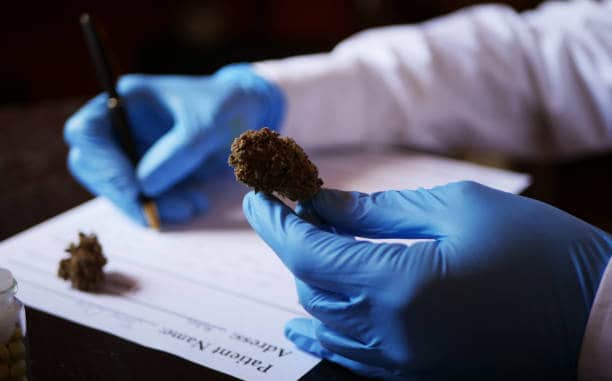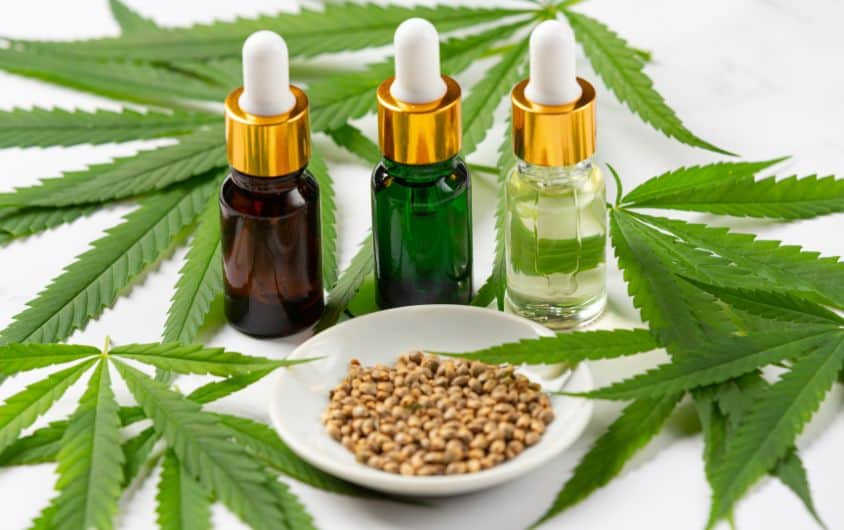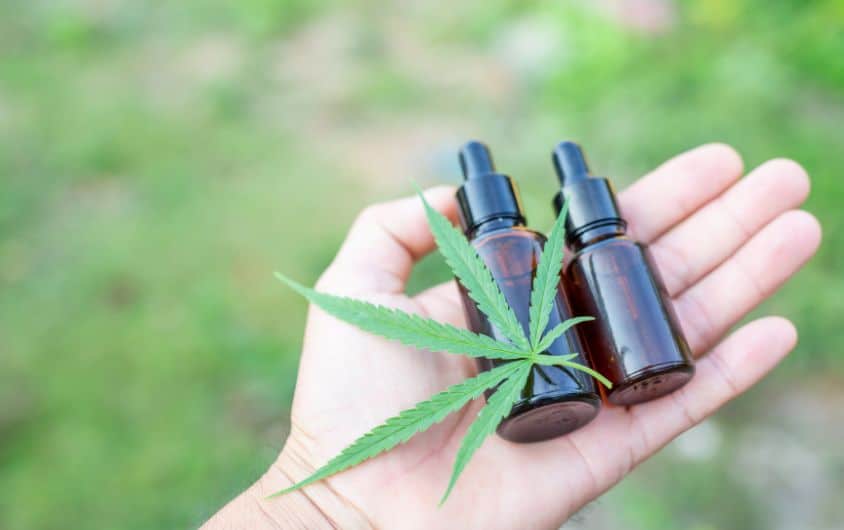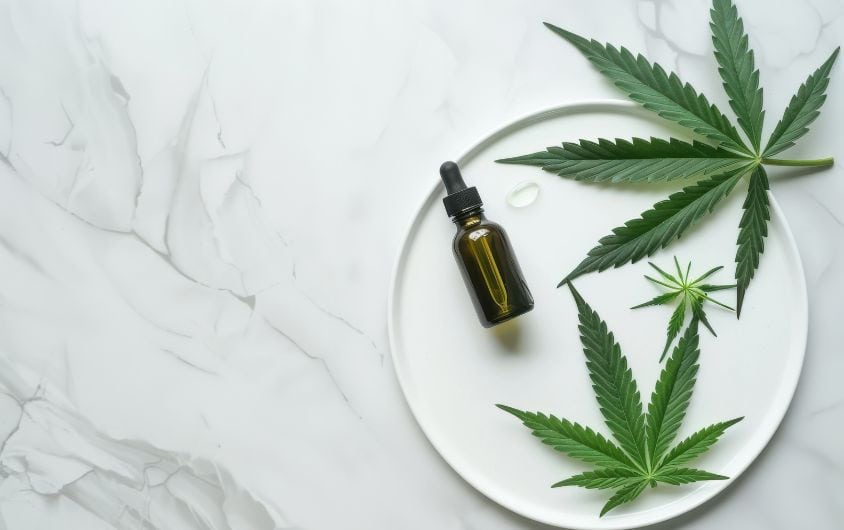Table of Contents
ToggleUnderstanding Medical Marijuana Dosages
Medical marijuana dosages are not one-size-fits-all
Each individual’s dosage depends on their condition, tolerance, and response to treatment. While standard dosages may work for most, others may require adjustments to achieve optimal relief. Upgrading your medical marijuana card to include higher dosages often involves providing additional documentation and consulting with a licensed healthcare provider.
Reasons for Increasing Your Dosage
Chronic Pain Management
Chronic pain conditions such as arthritis, fibromyalgia, or neuropathy often require higher doses of medical marijuana. Patients whose symptoms remain unmanaged at standard dosages may benefit from an upgrade.
Severe Anxiety or PTSD
For individuals dealing with anxiety disorders or post-traumatic stress disorder (PTSD), a higher dosage can sometimes provide more effective symptom relief.
Complex Medical Conditions
Patients with multiple or severe conditions, such as cancer or epilepsy, may need dosages that go beyond the initial recommendations.
Steps to Upgrade Your Medical Marijuana Card
Step 1: Review State Regulations
Each state has unique rules for medical marijuana usage. Start by researching your state’s requirements for dosage adjustments. Some states require specific forms or approvals, while others have more flexible policies.
Step 2: Consult Your Healthcare Provider
Schedule an appointment with the doctor who recommended your medical marijuana card. Discuss your symptoms and how your current dosage is insufficient. Your doctor may need to review your medical history or conduct additional evaluations to justify the increase.
Step 3: Provide Necessary Documentation
Upgrading your dosage typically requires additional paperwork. Common documents include:
- Updated medical records detailing your condition.
- Proof of ongoing symptoms that are not well-managed.
- A new recommendation from your healthcare provider specifying the need for a higher dosage.
Step 4: Submit an Application for Dosage Adjustment
Depending on your state, you may need to submit a dosage adjustment request to the relevant agency. This process often involves:
- Filling out a specific form for dosage changes.
- Paying an application fee.
- Providing supporting documentation from your healthcare provider.
Step 5: Follow Up with Your State’s Medical Marijuana Program
After submitting your application, it may take several weeks to receive approval. During this time, check the status of your application and respond promptly to any requests for additional information.
Common Challenges and How to Overcome Them
Approval Delays
Processing times vary by state, and delays can be frustrating. To avoid this, ensure your application is complete and includes all required documentation.
Doctor’s Reluctance to Recommend Higher Dosages
Some doctors may hesitate to approve higher dosages due to concerns about side effects. Address these concerns by providing clear examples of how your current dosage is inadequate and discussing any alternative treatments you’ve tried.
Financial Barriers
Upgrading your card may come with additional fees. Check if your state offers financial assistance programs for medical marijuana patients.
Tips for a Smooth Process
Keep Detailed Records
Maintain an up-to-date file of your medical records, prescriptions, and any correspondence with healthcare providers or state agencies. These records can help streamline the application process.
Stay Informed About State Policies
Medical marijuana laws can change over time. Stay updated on your state’s policies to avoid unnecessary delays or complications.
Communicate Effectively with Your Doctor
Be honest and specific about your symptoms and why you believe a higher dosage is necessary. Providing clear and detailed information can help your doctor make a well-informed recommendation.
Benefits of Upgrading Your Card
Improved Symptom Relief
Higher dosages can provide better management of pain, anxiety, or other symptoms, improving your overall quality of life.
Access to Additional Products
An upgraded card may allow you to purchase products with higher THC or CBD concentrations, giving you more options to tailor your treatment.
Greater Flexibility
With a higher dosage allowance, you can experiment with different products and consumption methods to find what works best for you.
Precautions When Using Higher Dosages
Monitor Side Effects
Higher dosages can increase the risk of side effects such as dizziness, fatigue, or impaired concentration. Monitor your reactions and adjust your usage as needed.
Avoid Overconsumption
Follow the dosage recommendations provided by your healthcare provider. Overconsumption can lead to tolerance, reducing the effectiveness of the treatment over time.
Educate Yourself on Product Labels
Higher-dosage products often have more potent effects. Read product labels carefully to understand the THC and CBD concentrations.
Wrap-Up
Upgrading your medical marijuana card to include higher dosages can be a straightforward process if you understand the steps involved. By consulting with your healthcare provider, gathering the necessary documentation, and staying informed about state regulations, you can enhance your treatment plan and achieve better symptom relief. If you’re considering a dosage adjustment, start by discussing your needs with your doctor and exploring the options available in your state.
Reference
https://karger.com/mca/article/6/1/41/838533/Climbing-the-Evidence-Pyramid-Dosing
https://health.mo.gov/safety/cannabis/faqs-general.php
https://www.mmtcfl.com/blog/basic-guide-to-dosing/
https://affordablemarijuanalicense.com/dosing-change-request/
https://pmc.ncbi.nlm.nih.gov/articles/PMC8252988/
https://www.nj.gov/cannabis/medicinalcannabis/medicinal/
https://www.webmd.com/a-to-z-guides/medical-marijuana-faq





